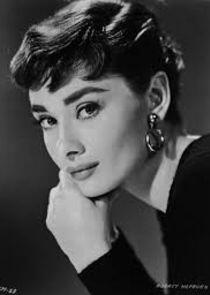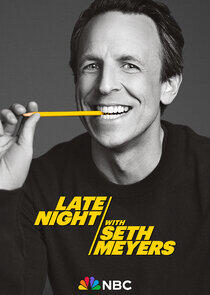
Audrey Hepburn
Born into an aristocratic family in Ixelles, Brussels, Hepburn spent parts of her childhood in Belgium, the UK, and the Netherlands. She attended boarding school in Kent from 1936 to 1939. With the outbreak of World War II, she returned to the Netherlands. During the war, Hepburn studied ballet at the Arnhem Conservatory, and by 1944 she was performing ballet to raise money to support the Dutch resistance. She studied ballet with Sonia Gaskell in Amsterdam beginning in 1945 and with Marie Rambert in London from 1948.
Hepburn began performing as a chorus girl in West End musical theatre productions and then had minor appearances in several films. She rose to stardom in the romantic comedy Roman Holiday (1953) alongside Gregory Peck, for which she became the first actress to win an Academy Award, a Golden Globe Award and a BAFTA Award for a single performance. In that year, she also won a Tony Award for Best Leading Actress in a Play for her performance in Ondine.
Hepburn went on to star in a number of successful films, such as Sabrina (1954), with Humphrey Bogart and William Holden; Funny Face (1957), a musical in which she sang her own parts; the drama The Nun's Story (1959); the romantic comedy Breakfast at Tiffany's (1961); the thriller-romance Charade (1963), opposite Cary Grant; and the musical My Fair Lady (1964).
In 1967, she starred in the thriller Wait Until Dark, receiving Academy Award, Golden Globe and BAFTA nominations. After that role, Hepburn only occasionally appeared in films, one being Robin and Marian (1976) with Sean Connery. Her last recorded performances were in Always (1989), an American romantic fantasy film directed and produced by Steven Spielberg, and the 1990 documentary television series Gardens of the World with Audrey Hepburn, for which she won a Primetime Emmy Award for Outstanding Individual Achievement – Informational Programming.
Later in life, Hepburn devoted much of her time to UNICEF, to which she had contributed since 1954. Between 1988 and 1992, she worked in some of the poorest communities of Africa, South America and Asia. In 1994, Hepburn's contributions to a spoken-word recording titled Audrey Hepburn's Enchanted Tales earned her a posthumous Grammy Award for Best Spoken Word Album for Children.
Hepburn won three BAFTA Awards for Best British Actress in a Leading Role. In recognition of her film career, she received BAFTA's Lifetime Achievement Award, the Golden Globe Cecil B. DeMille Award, the Screen Actors Guild Life Achievement Award and the Special Tony Award. In December 1992, Hepburn received the US Presidential Medal of Freedom in recognition of her work as a UNICEF Goodwill Ambassador. A month later, she died of appendix cancer at her home in Tolochenaz, Vaud, Switzerland, at the age of 63.
Biography from the Wikipedia article Audrey Hepburn. Licensed under CC-BY-SA. Full list of contributors on Wikipedia.
Known For
Recently Updated Shows

Late Night with Seth Meyers
Seth Meyers, who is Saturday Night Live's longest serving anchor on the show's wildly popular "Weekend Update," takes over as host of NBC's Late Night — home to A-list celebrity guests, memorable comedy and the best in musical talent.
As the Emmy Award-winning head writer for "SNL," Meyers has established a reputation for sharp wit and perfectly timed comedy, and has gained fame for his spot-on jokes and satire. Meyers takes his departure from "SNL" to his new post at "Late Night," as Jimmy Fallon moves to The Tonight Show.

Watch What Happens Live
Watch What Happens Live is an interactive series hosted by Bravo programming executive Andy Cohen, Bravo's Senior Vice President of Original Programming and Development, is best known to viewers as the host of the network's often explosive Watch What Happens reunion specials. Watch What Happens originally debuted as a live online show on www.bravotv.com. Watch What Happens welcomes guests from some of the cable network's most popular series, as well as other entertainment stars, to chat about pop culture and celebrities in the news!



